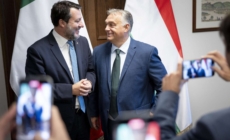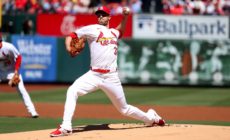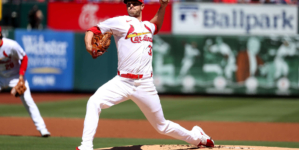-
2024 College Football Playoff odds: Who will emerge from the semifinals? - 10 mins ago
-
Salvini’s Party Considers the Withdrawal of EU Funds from Hungary a “Violation of the Law” - 12 mins ago
-
Britt Allcroft, ‘Thomas and Friends’ Creator, Dead at 81 - 33 mins ago
-
‘Shazam!’ star Zachary Levi compares AI to biblical disaster - 36 mins ago
-
Jimmy Butler wants to find ‘joy’ again, open to being traded ‘anywhere other than Miami’ - 54 mins ago
-
Braves Could Trade For Rotation Help From Struggling National League Team - about 1 hour ago
-
The biggest upsets in the NFL and college football this year - 2 hours ago
-
‘Connections’ January 3: Hints and Answers for Puzzle #572 - 2 hours ago
-
No. 22 Illinois Fighting Illini vs. No. 9 Oregon Ducks Highlights | FOX College Hoops - 2 hours ago
-
‘Wordle’ Today #1,294 Hints, Clues and Answer for Friday, January 3 - 3 hours ago
Will Ukraine War End in 2025?
What’s New
The start of 2025 is likely to see Russia maintain battlefield momentum in its invasion of Ukraine amid concerns about what the new year will mean for continued American aid for Kyiv.
U.S. President-elect Donald Trump enters the White House on January 20 with anticipation building over whether he can make good on his pledge to end the war started by Russian President Vladimir Putin.
Newsweek has asked experts about the likelihood of the war being over by the end of next year and has contacted the Russian and Ukraine foreign ministries for comment.
Photo-illustration by Newsweek/Getty
Why It Matters
Putin’s full-scale invasion will enter its fourth year on February 24, a grim anniversary in the war that has destroyed Ukraine’s cities, killed thousands of civilians and soldiers and upended the security situation in Europe.
Concerns among Ukraine’s allies are mounting over Moscow’s advances in the Donetsk region while Kyiv’s incursion into Russia’s Kursk region has faltered as it struggles to hold onto the territory it hoped would offer leverage in any future peace negotiations.
“The year 2025 seems to be a decisive one because Russian troops continue to use attrition tactics and gain territory day after day,” Cedomir Nestorovic, academic co-director of the ESSEC Center for Geopolitics & Business, told Newsweek.
Trump’s transition team has been working on a plan to broker talks between Kyiv and Moscow and the president-elect hinted that both sides will have to compromise.
However, Russia’s defense minister, Andrei Belousov, said on December 16 that the four Ukrainian regions Putin claims to have annexed— Kherson, Zaporizhzhia, Luhansk and Donetsk, would be fully under Moscow’s control in 2025.
Two days later, Ukrainian President Volodymr Zelensky told Le Parisien that under its constitution, Ukraine “cannot give up our territories” and appeared to reject the idea of freezing the conflict.
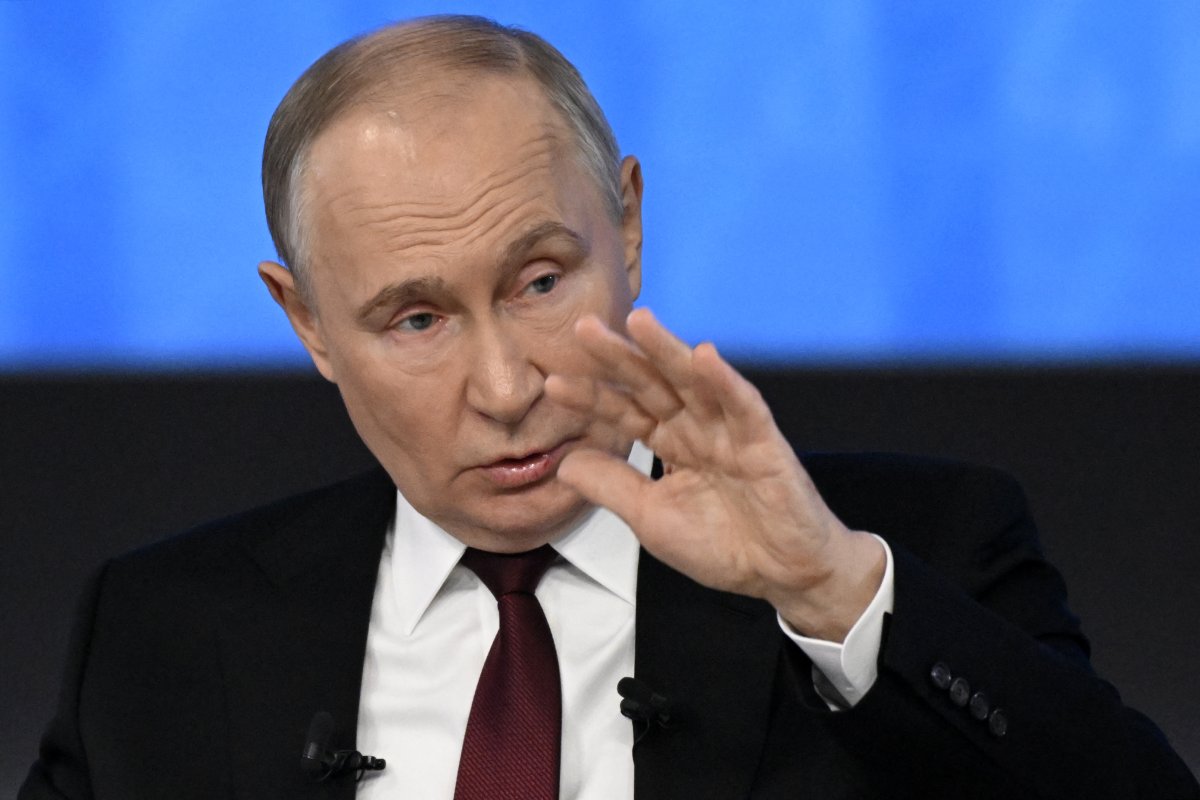
ALEXANDER NEMENOV/Getty Images
What To Know
Zelensky also told the French newspaper that the incoming U.S. administration would not have access to the full military and diplomatic intelligence until after Trump’s inauguration.
It is not clear to what extent the proposals by Trump’s nominated Ukraine and Russia envoy, Keith Kellogg will form part of Washington’s plans.
Kellogg co-authored a paper which proposed that U.S. aid to Kyiv stop unless there were talks with Putin and that the conflict should be frozen but the U.S. should give assistance to Ukraine to stop further advances.
Nestorovic said that Trump’s reluctance to maintain the U.S.’s role as Ukraine’s main military supplier could make it harder for Kyiv to repel Russian advances, adding urgency for Ukraine “to negotiate now before it becomes too late.”
He believes that sticks and carrots at Trump’s disposal include threatening to stop financial and military aid for Ukraine, a pledge to ease sanctions on Russia, as well as a promise to give Ukraine assistance from NATO without formally joining the alliance.
“The loss of territory for Ukraine does not mean a permanent loss because many formulae can be invented so both the demands from Russia and Ukraine can be satisfied,” Nestorovic added.
Trump’s “peace through strength” approach could bring both sides to negotiate in 2025 according to Aurélien Colson, Professor of Political Science at ESSEC Business School.
“Putin for fear of additional military means given to Ukraine, and Zelensky to avoid a major shutdown of U.S. support,” Colson told Newsweek. “At any rate, it will not be the end of the war, but rather an armed ceasefire.”
Edgar Bellow, professor of International Management and Geopolitics at NEOMA Business School said that while “a decisive end to the war in 2025 is possible—a more likely scenario involves ongoing skirmishes and a frozen conflict” which would involve “unresolved territorial disputes and periodic escalations.”
But even if Trump had suggested he can work with Russia, there could be a sudden rift if the U.S. president perceives Putin’s actions as undermining U.S. interests globally.
“Trump’s unconventional approach to foreign policy might lead to erratic decisions, such as threatening military intervention or imposing unexpected trade restrictions on Russia,” Bellow said.
“Should such opposition arise, it might embolden Ukraine’s position by increasing Western unity and support,” he added. “Conversely, it could escalate tensions.”
However, Yuriy Boyechko, CEO and founder of the charity Hope for Ukraine, said he did not predict an end to active combat “anytime soon.”
“Whatever the peace agreement the West is going to propose to Russia, I don’t think they are going to take it,” he told Newsweek.
“It might be a brief three or six months of peace, but let’s say Europeans send a peace corps and Russians shoot at them, that’s going to be full out World War III.”
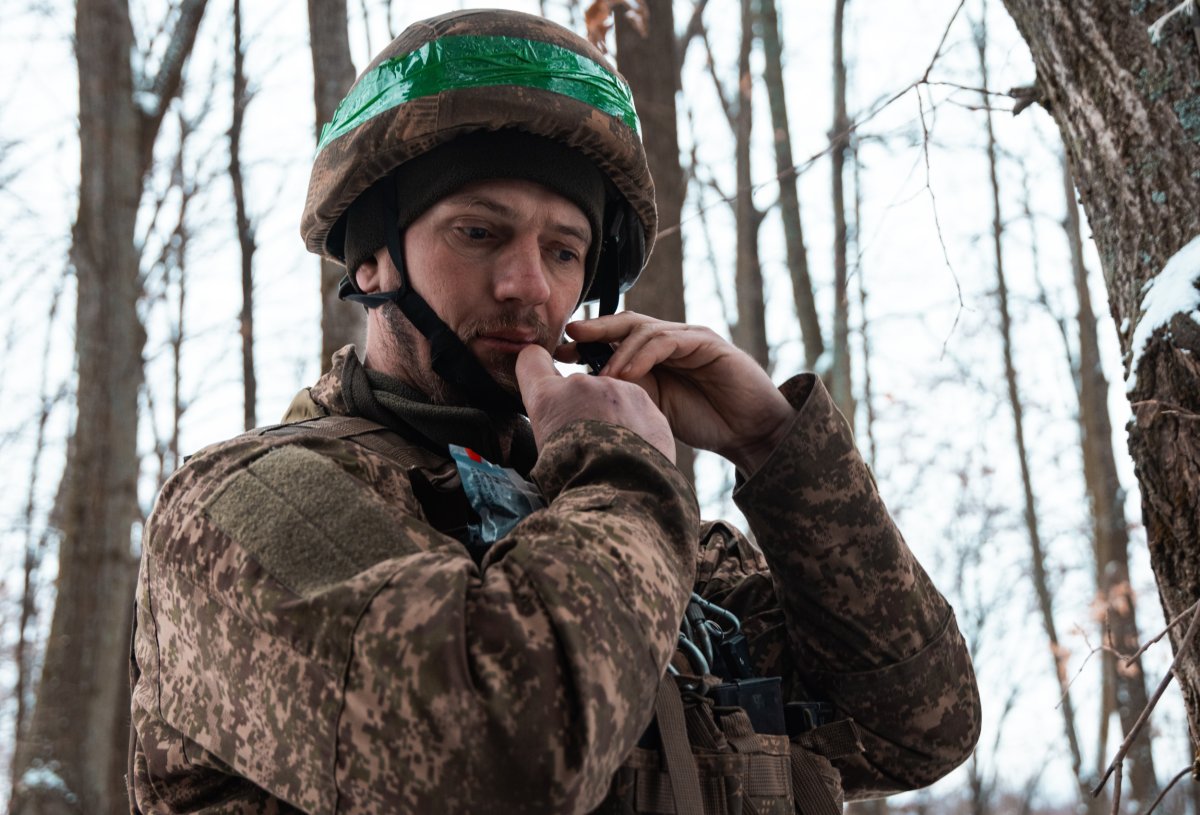
Nikoletta Stoyanova/Getty Images
What People Are Saying
Vladimir Putin said during his annual Q&A on December 19: “We have always said that we are ready for negotiations and compromises.”
Volodymyr Zelensky told Le Parisien on December 18: “Trump knows about my desire not to rush things at the expense of Ukraine.”
Donald Trump told a press conference on December 16: “We’re trying to get the war stopped.”
Cedomir Nestorovic, academic co-director of the ESSEC Center for Geopolitics & Business told Newsweek: “The loss of territory for Ukraine does not mean a permanent loss.”
Yuriy Boyechko, CEO and founder of the charity Hope for Ukraine said: “Everybody wants peace, we want peace more than anyone.”
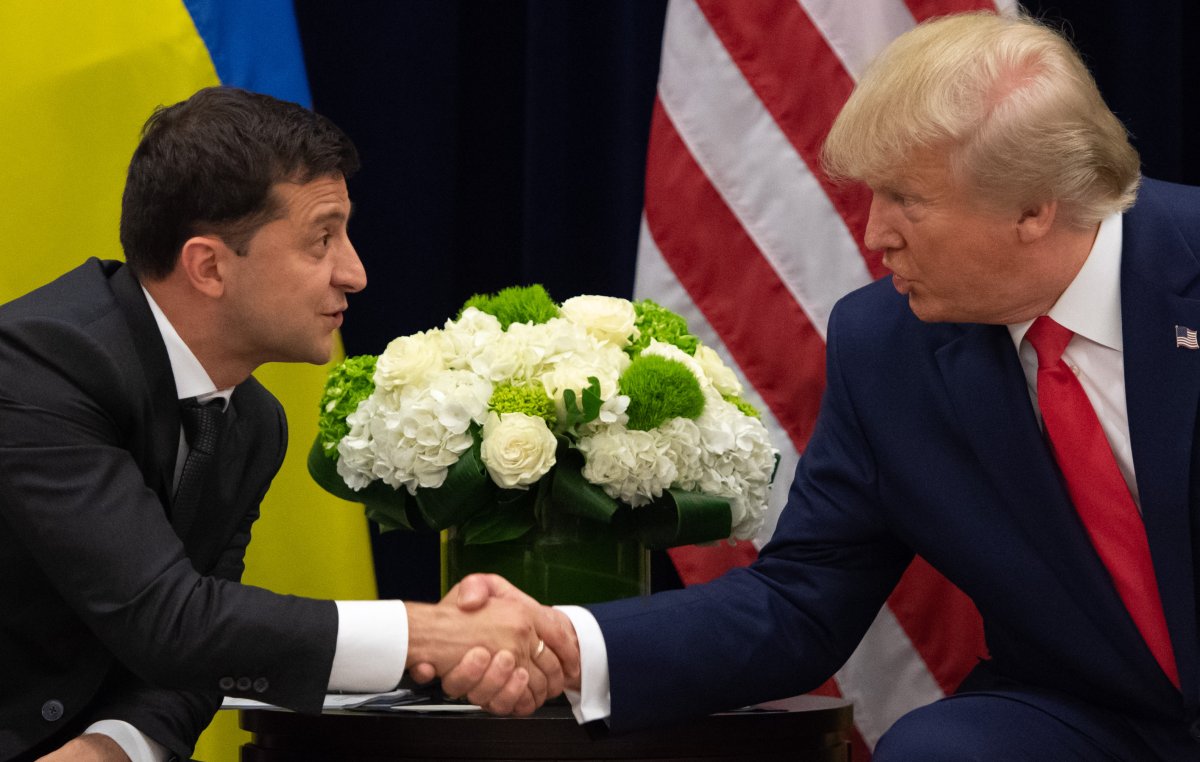
SAUL LOEB/Getty Images
What Happens Next
Trump takes office in the first month of 2025 but whether by the year’s close he can proclaim himself as the dealmaker who helped end the war depends on many factors.
Putin told his annual state of the nation Q&A on December 19 he had no conditions for talks with Ukraine and would negotiate with anybody, including Zelensky.
“We are ready, but the other side needs to be ready for both negotiations and compromises,” he said. Reuters had reported in November that Putin had been open to discussing a Ukraine ceasefire deal with Trump, but ruled out major territorial concessions and insisted Kyiv abandon its NATO ambitions.
However, Boyechko from Hope for Ukraine said that Putin’s earmarking of 40 percent of the Russian government budget ($142 billion) for 2025 on defense and national security spending showed his intentions to continue the war come what may.
“Everybody wants peace, we want peace more than anyone but at the end of the day, his entire existence as a leader hangs on waging this war. He’s used to living inside this sanctioned world,” he said.
“I think the only way it will stop if his economy falls apart.”
Source link

